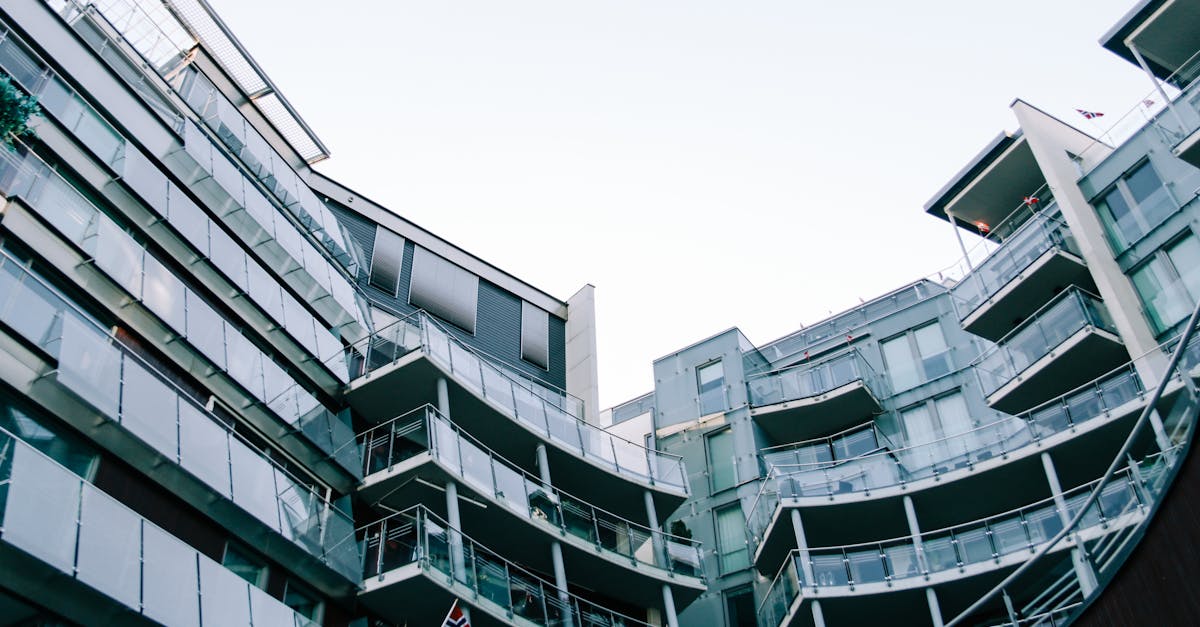When embarking on a construction or renovation project, understanding the timeline of your building permit is crucial. Building permits are not just bureaucratic hurdles; they are essential for ensuring that construction complies with local regulations and safety standards. But how long is a building permit good for? This question is vital for homeowners, contractors, and anyone planning a building project. Here, we will break down everything you need to know about building permit validity, including variations by location and important considerations.
| Permit Type | Typical Duration | Renewal Options |
|---|---|---|
| Residential Building Permit | 6 months to 2 years | Yes, often requires inspection |
| Commercial Building Permit | 1 to 3 years | Yes, often requires application |
| Electrical Permit | 6 months to 1 year | Yes, may require additional fees |
| Plumbing Permit | 6 months to 1 year | Yes, usually requires inspection |
| Demolition Permit | 6 months to 1 year | Yes, may require a new application |
| Zoning Permit | 1 to 2 years | Yes, often requires reapplication |
Residential Building Permit
Residential building permits are essential for any construction project involving a home. Typically valid for six months to two years, these permits allow homeowners to construct or alter a residence. If work isn’t completed within the specified timeframe, homeowners may need to renew their permits, which usually involves an inspection to ensure compliance with current building codes.

Commercial Building Permit
Commercial building permits are more complex and generally have a longer duration, typically ranging from one to three years. These permits are necessary for constructing or renovating commercial properties such as offices, retail spaces, or warehouses. Due to the larger scope of commercial projects, it’s important to stay aware of the expiration date, as renewing these permits often requires a new application and review process.

Electrical Permit
For any electrical work, a permit is usually required, valid for six months to one year. This permit ensures that all electrical installations comply with safety standards. If the work is not completed within the permit’s validity, the contractor may need to apply for a renewal, which could involve additional fees and inspections to confirm safety compliance.

Plumbing Permit
Similar to electrical permits, plumbing permits are crucial for any plumbing-related work and are typically valid for six months to one year. These permits ensure that plumbing installations meet safety codes. If the project extends beyond the permit’s expiration, a renewal process is necessary, often requiring inspections to verify that work aligns with current regulations.

Demolition Permit
Demolition permits are required for tearing down structures and usually have a validity of six months to one year. If the demolition work is not completed within this time, a new application might be necessary. This process ensures that safety regulations are adhered to during the demolition process, minimizing risks to neighboring properties and public safety.

Zoning Permit
Zoning permits are essential for projects that involve changes in land use and are typically valid for one to two years. These permits ensure that the intended use of the property complies with local zoning laws. If the permit expires, reapplication is often necessary, which may involve an updated review process to ensure current compliance with zoning regulations.

FAQ
What happens if my building permit expires?
If your building permit expires, you will likely need to apply for a renewal or a new permit. This process can involve additional fees and inspections to ensure that your project complies with current regulations. It is crucial to keep track of permit expiration dates to avoid delays in your project.
Can I work without a building permit?
No, working without a building permit is illegal in most jurisdictions. Doing so can result in fines, legal issues, and mandatory removal of any unpermitted work. Always ensure that you have the necessary permits before commencing any construction or renovation project.
How do I renew my building permit?
To renew your building permit, you typically need to fill out a renewal application and may need to pay a renewal fee. Depending on the jurisdiction, an inspection may also be required to ensure compliance with current building codes. Check with your local building department for specific renewal procedures.
Are there different rules for commercial and residential permits?
Yes, commercial and residential permits often have different rules, durations, and requirements. Commercial permits generally have a longer validity period and more complex regulations due to the nature of the projects involved. It’s essential to consult your local building authority for specifics on each type of permit.
References:
– [U.S. Department of Housing and Urban Development](https://www.hud.gov/)
– [International Code Council](https://www.iccsafe.org/)
– [Local Building Departments](https://www.nbc.gov/)
